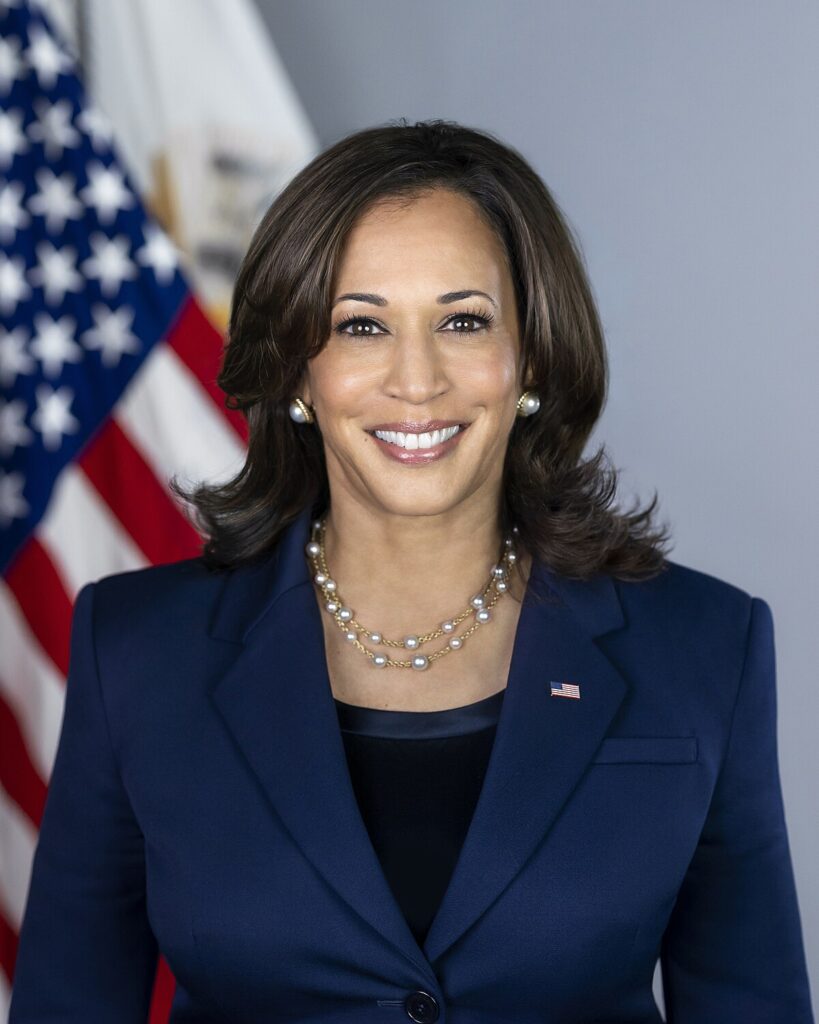U.S. President Donald Trump has cancelled Secret Service protection for former Vice President Kamala Harris, seven months after she left office following her unsuccessful presidential campaign. The decision has ignited political controversy, with California Governor Gavin Newsom and Los Angeles Mayor Karen Bass labeling the move as politically motivated.
By law, former vice presidents and their families are entitled to six months of Secret Service protection after leaving office. However, the law also provides room for extensions in special circumstances. Former President Joe Biden reportedly exercised this discretion before leaving office, signing a directive that extended Harris’ protection for one year beyond the mandated period.
Neither Biden nor Harris has publicly commented on why the extension was granted. According to reports by CNN, the directive was not widely disclosed at the time. Legal experts note that Biden was well within his rights to approve the additional coverage. The 2008 law governing such matters allows the Secretary of Homeland Security, under presidential directive, to authorize temporary protection if “information or conditions warrant such protection.”
Ronald Kessler, a noted author on the Secret Service, told the BBC that extending security for former leaders is not unusual. “If you set aside political implications, it’s just standard practice,” he said. Such protections are typically evaluated against potential threats, public visibility, and ongoing security assessments.
Still, Trump’s decision to revoke the extended protection has drawn sharp criticism from Democratic leaders in California, Harris’ home state. They argue the timing and abruptness of the move raise questions about partisan motivations. Critics warn that stripping protection from a high-profile political figure like Harris could expose her to unnecessary risks, especially given her continued public role.
For now, Harris has not issued a response. The development underscores the often political undertones surrounding decisions about security for former national leaders decisions that are, at least on paper, supposed to be rooted in law and safety considerations rather than partisanship.

